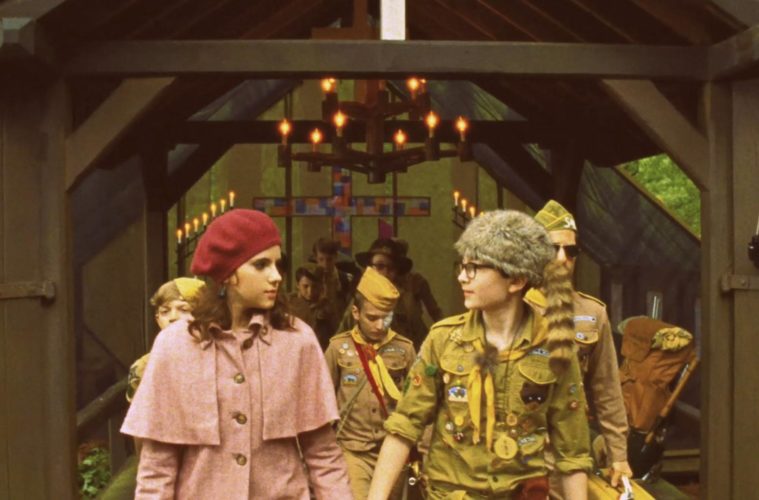
Dailies is a round-up of essential film writing, news bits, and other highlights from across the Internet. If you’d like to submit a piece for consideration, get in touch with us in the comments below or on Twitter at @TheFilmStage.
William Friedkin discusses the state of American cinema while at the Champs- Élysées film festival (via The Guardian):
“Films used to be rooted in gravity. They were about real people doing real things. Today, cinema in America is all about Batman, Superman, Iron Man, Avengers, the Hunger Games: all kinds of stuff that I have no interest in seeing at all.”
The Criterion Collection have announced their September line-up (click covers for details):
Little White Lies‘ Sophie Monks Kaufman asks if films can change the world:
People are fearful of change. We seek reassurance in familiarity. We don’t want to feel the weight of a world tarnished by murder and rape and abuse and trauma on our shoulders. If there is hope for humanity then it will be through a chain of incremental lifestyle upgrades. These promotions tend to happen through encounters with people that inspire us through their example. For me, these people are storytellers – usually filmmakers.
Watch a detailed video essay on Andrei Tarkovsky‘s direction in Solaris:
Vulture‘s Bilge Ebiri interviews Andre Gregory and Wallace Shawn:
In My Dinner With Andre, I play the quiet, reactionary, bourgeois guy who wants to stay at home and have what he thinks of as a normal life. This isn’t exactly what I was at that time, or any time, but still there’s some reality to it. In Vanya, you could say that the frustration bursts out of that normality. And then in Master Builder, megalomania takes the place of frustration. Certainly, for me, as an actor, the roles are wonderfully contrasting.
RogerEbert.com‘s Jessica Ritchey on why blockbuster directors need to change:
Everything that could go wrong on a movie shoot was going wrong. There were delays, flubbed shots and the mechanical centerpiece of the film flatly refused to work. Universal Studios no doubt were regretting giving the adaptation of an expensive bestseller to some kid fresh off episodes of “Columbo” and “Night Gallery” and a few TV movies. But then “Jaws” opened, made all the money, and ushered in a cultural watershed of the summer no longer being the dumping ground but the rich soil in which the studios would spend the next 40 years trying to grow increasingly expensive and unwieldy blockbusters. And they don’t come more expensive or unwieldy than “Jurassic World,” which opened this weekend and stomped all comers at the box office. It’s a strangely full circle moment as “Jurassic World” is the third sequel to “Jaws”’ director Steven Spielberg’s 1993 dinosaurs run amok “Jurassic Park.” Even “World”’s director Colin Trevorrow has a similar “called up from the farm leagues” story, having helmed a modest Sundance hit, “Safety Not Guaranteed,” that brought him the attention of some of Hollywood’s biggest players. And that’s a story that never, ever happens to female or minority directors. Ever.







